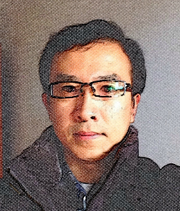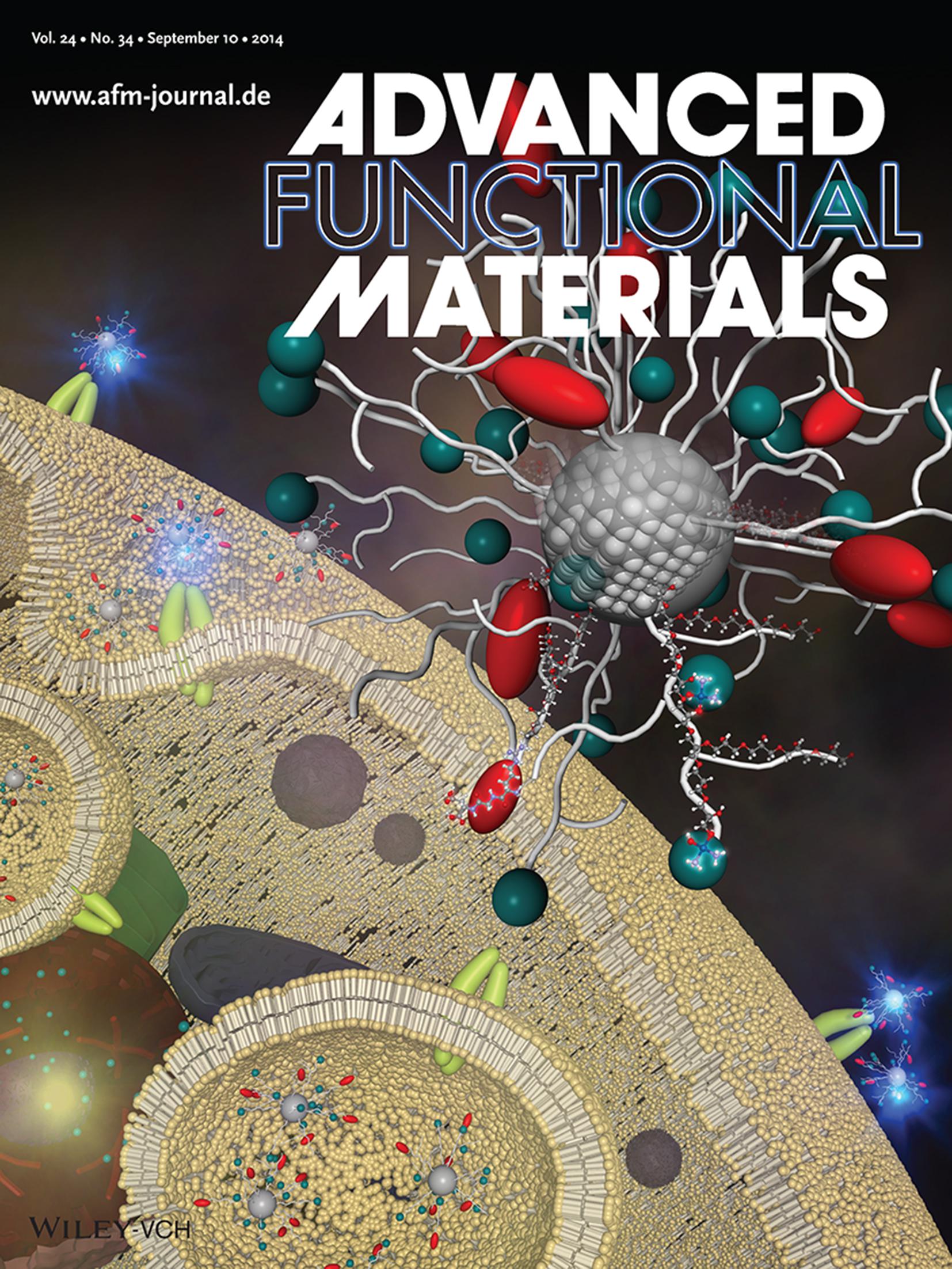
Xiao Chen, M.D., PH.D
E-mail Address: chen-xiao-1976@hotmail.com
Office Address: 185# DongHu Road, Wuhan, Hubei, 430071
Position(s): Professor
Affiliation(s): Department of Pharmacology
Research interests / Specialties:
1. Biological properties of nanomaterials and their applications in medicine, particularly anti-cancer therapy.
2. Nanopharmacology & Nanotoxicology.
Education and Training
Medical Degree, 1994-1999 Hubei Medical University, China
M.S.,1999-2002 Wuhan University, China
Ph.D., 2005-2010 Sandwich Program in the Huahzhong University of Science and Technology, China and University of Tuebingen, Germany sponsored by the Deutscher Akademischer Austauschdienst (DAAD).
Post-Doctoral Fellow, 2012-2014 School of Dentistry, Hokkaido University,Japan. Recipient of the Postdoctoral Fellowship for Foreign Researchers by the Japan Society for Promotion of Science (JSPS)
Research Description
My research falls in the emerging and exciting interdisciplinary field of Nanobiomedicine that heavily features cross-disciplinary interactions of medicine, material science, biology, chemistry, physics and other related disciplines. Nanobiomedicine primariely studies 1. the interactions of nanomaterials (materials with structure at nano scale (< 200 nm)) with living systems, the human body in particular and 2. application of nanomaterials for diagnosis and therapy of human diseases. my current research interests are focused on carbon based nanomaterials e.g. carbon nanotubes, graphene derivatives and nanodiamonds for cancer therapy. a nanodiamond-based stealthy drug delivery platfom has been characterized and demonstrated for its utility in cancer chemotherapy. work has been done and is still onging to elucidate carbon nanotubes’ effects on cancer multidrug-resistance. further, carbon nanomaterials’ impacts on autophagy is under investigation in cancer cells and macrophages for their implications for cancer therapy and immunotoxcity.

On page 5348, N. Komatsu, X. Chen, and colleagues demonstrate multifunctional anticancer prodrug consisting of nanodiamond core, polyglycerol coating, targeting peptide and platinum-based drugs. The resulting good aqueous solubility, stealth nature, and targeting property enable the nanodiamond-based prodrug to be taken up selectively by cancer cells overexpressing αvβ3 integrin and to cause the selective cell death through acid-responsive drug release.
Publication list:
1. Zhaojing Wang, Yonghong Xu, Xiangning Meng, Fumio Watari, Hudan Liu*, Xiao Chen *, Suppression of c-Myc is involved in multi-walled carbon nanotubes' down-regulation of ATP-binding cassette transporters in human colon adenocarcinoma cells. Toxicol Appl Pharm. 2015; 282(1):42-51( IF 3.63)
2. L. Zhao, Y. Xu, H. Qin, S. Abe, T. Akasaka, T. Chano, F. Watari, T. Kimura, N. Komatsu*, X. Chen *. Platinum on Nanodiamond: A Promising Prodrug Conjugated with Stealth Polyglycerol, Targeting peptide, and Acid-Responsive Antitumor Drug. Adv Funct Mater. 2014; 24(34): 5348-5357. ( IF 10.439)
3. L. Zhao, Y. Xu, S. Abe, T. Akasaka, T. Watari, T. Kimura, N. Komatsu, X. Chen *. Polyglycerol-coated nanodiamond as a macrophage-evading platform for selective drug delivery in cancer cells. Biomaterials. 2014; 35(20): 5393–5406.(IF 8.321)
4. Cheng Y, X. Chen *, Song W, Kong Z, Li P, Liu Y. Contribution of silver ions to the inhibition of infectivity of Schistosoma japonicum cercariae caused by silver nanoparticles. Parasitology. 2013; 140(5):617-625. ( IF 2.35)
5. Xu Y, X. Chen *, Cheng Y, Xing Y. Multiwalled carbon nanotubes inhibit fluorescein extrusion and reduce plasma membrane potential in in vitro human glioma cells. J Biomed Nanotechnol. 2010;6(3):260-71. (IF 7.578)
6. X. Chen *, H. Schluesener. Multi-walled carbon nanotubes affect drug transport across cell membrane in rat astrocytes. Nanotechnology. 2010;21(10):105104. ( IF 3.672)
7. X. Chen *, H. Schluesener. Mode of dye loading affects staining outcomes of fluorescent dyes in astrocytes exposed to multiwalled carbon nanotubes. Carbon. 48(3):730–743. (IF 6.16)
8. X. Chen*, H. Schluesener. Nanosilver: A nanoproduct in medical application. Toxicol Lett. 2008; 176(1):1-12. ( IF 3.355)


